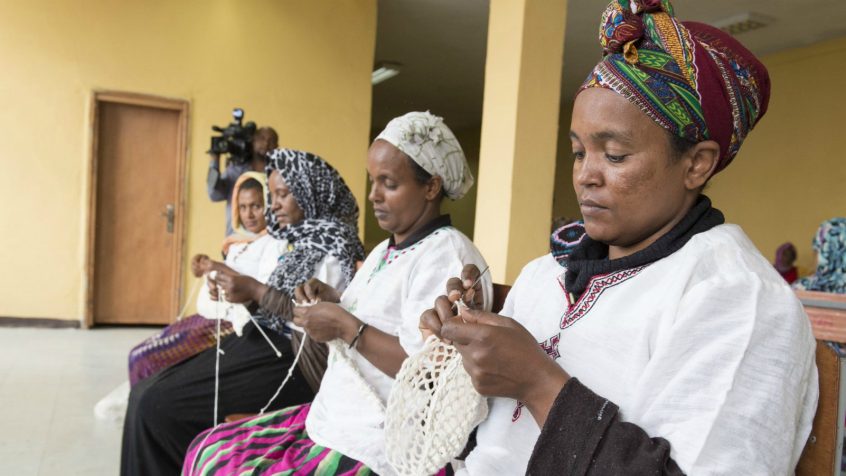Social Inclusion

The World Summit for Social Development in Copenhagen in 1995 defined an inclusive society as “a society for all’, in which every individual, each with rights and responsibilities, has an active role to play (United Nations, 1995, para 66). Such an inclusive society is equipped with mechanisms which accommodate diversity, and facilitate/enable people’s active participation in their political, economic and social lives. As such, it over-rides differences of race, gender, class, generation, and geography, and ensures equal opportunities for all to achieve full potential in life, regardless of origin. Such a society fosters, at the same time, emanates from well-being of each individual, mutual trust, sense of belonging and inter-connectedness.
The goal of social integration is to create “a more stable, safe and just society for all”, in which every individual, each with rights and responsibilities, has an active role to play. Such an inclusive society must be based on the principles of embracing – not coercing or forcing – diversity and using participatory processes that involve all stakeholders in the decision-making that affects their lives.
Social inclusion is the process by which efforts are made to ensure equal opportunities – that everyone, regardless of their background, can achieve their full potential in life. Such efforts include policies and actions that promote equal access to (public) services as well as enable citizen’s participation in the decision-making processes that affect their lives.
Social cohesion is a related concept that parallels that of social integration in many respects. A socially cohesive society is one where all groups have a sense of belonging, participation, inclusion, recognition and legitimacy. Such societies are not necessarily demographically homogenous. Rather, by respecting diversity, they harness the potential residing in their societal diversity (in terms of ideas, opinions, skills, etc.). Therefore, they are less prone to slip into destructive patterns of tension and conflict when different interests collide.
Expert Group meetings
- Dialogue in the Social Integration Process: Building peaceful social relations – by, for and with people (New York, November 2005)
- Participation of Youth as Partners in Peace and Development in Post-Conflict Countries (Windhoek, November 2006)
- Creating an Inclusive Society: Practical strategies to promote social integration (Paris, September 2007)
- Promoting Social Integration (Helsinki, July 2008)
- Practical Strategies to Promote Social Integration: Lessons learned from existing policies and practices (Accra, Ghana 17- 19 November 2009)
Publication
Analysing and Measuring Social Inclusion in a Global Context
 Welcome to the United Nations
Welcome to the United Nations